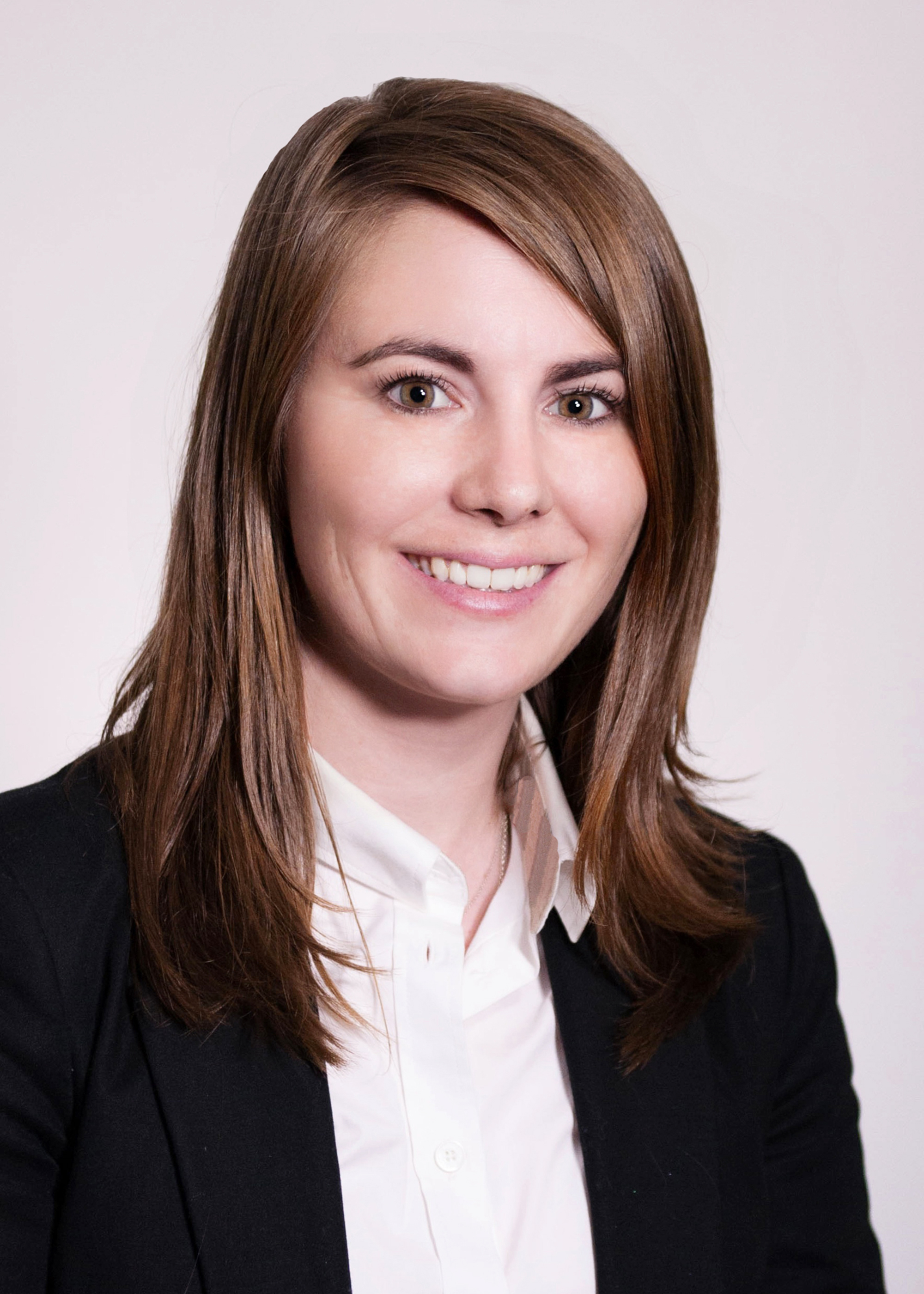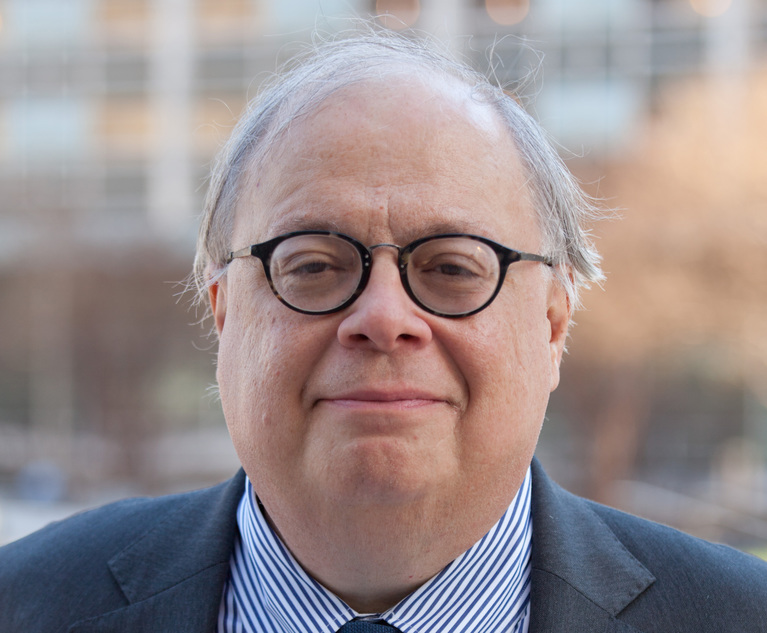Adriana Paris, author of “The Chill Lawyer,” is a legal recruiter at Rissman in Florida but had practiced law for ten years prior to switching careers to work in professional development. Paris notes that while the legal profession is “plagued” with lawyers who are stressed and feeling stuck, there are ways for an attorney to ensure that they can create a career in law that they love.
“What is a curated career?” writes Paris. “It’s one that involves deep reflection, intentional thought, and a vastly different set of questions than we currently ask ourselves in law school about how to choose a job. It is not a happy accident or a lucky break — it’s the result of deliberate actions and choices that align with one’s personal values.”
Paris writes that the first step to curating one’s career in the legal industry begins with figuring out a “likes/dislikes/tolerates” list. An attorney should track which tasks at work they enjoy, which tasks they detest, and which tasks they are fine with performing occasionally. Instead of an attorney believing there are certain tasks they “should” enjoy, they should focus on whether they genuinely enjoy doing those tasks in their career. The list will help an attorney create their “ideal job description.”
The second step involves figuring out one’s strengths and “not-so-strengths” at work. If you are an average writer, but excel at negotiating case settlements, Paris would recommend working on your negotiation skills to become a standout at your firm.
Are you interested in learning more about how to map out your career? Read more in this law.com article.











